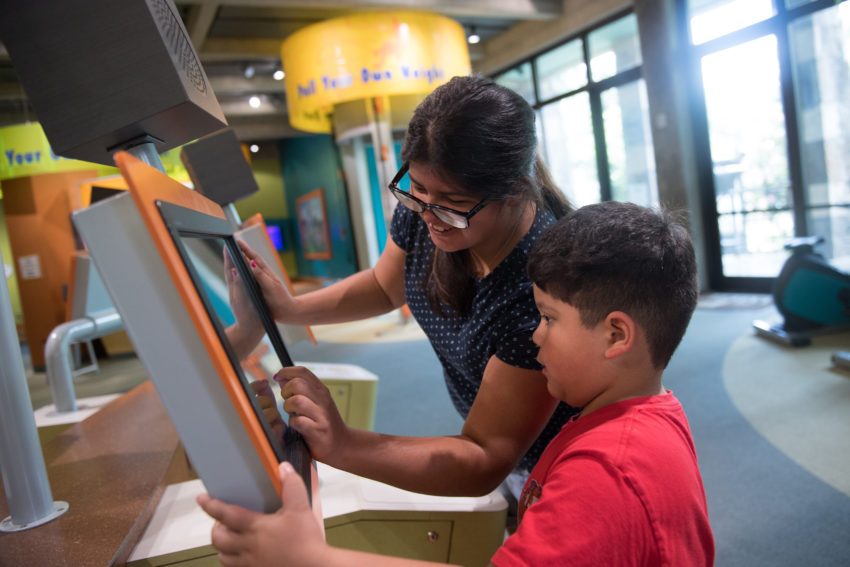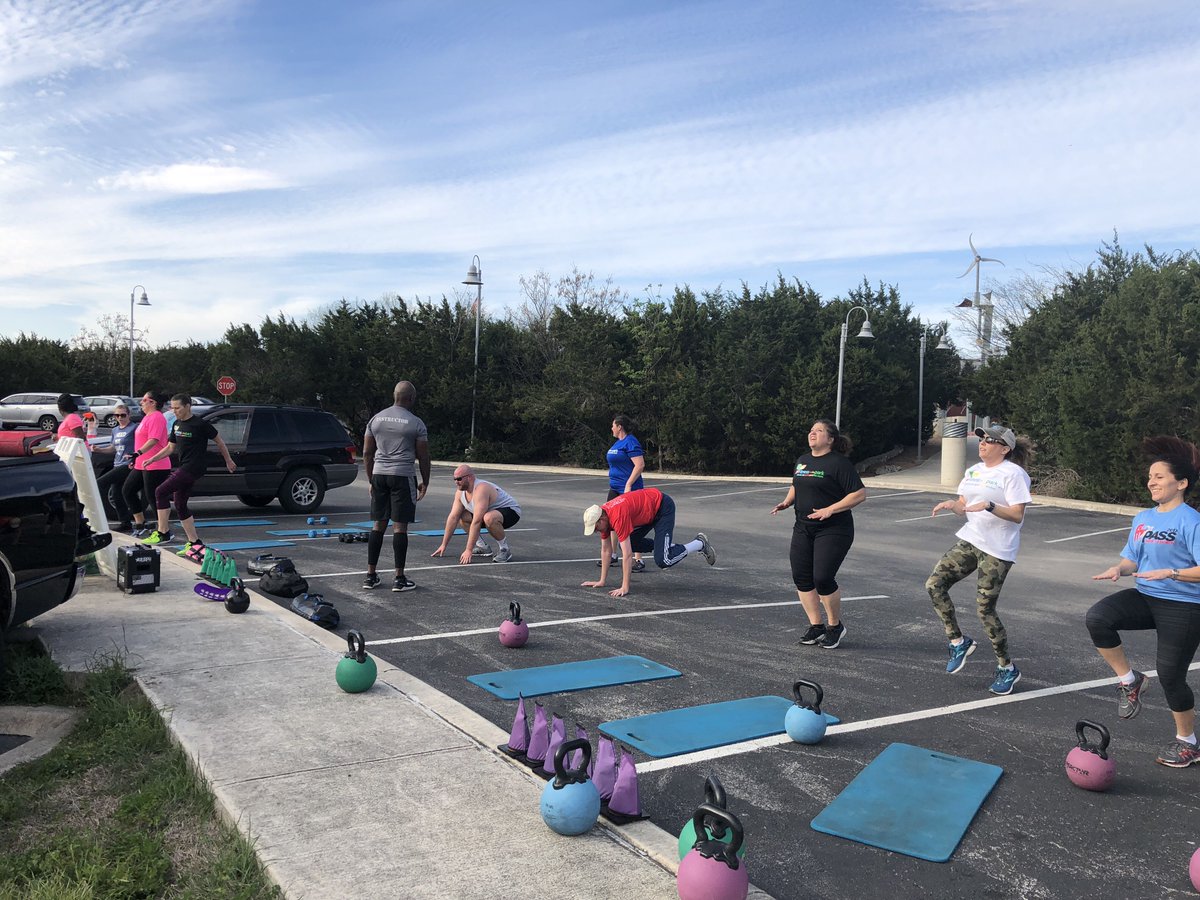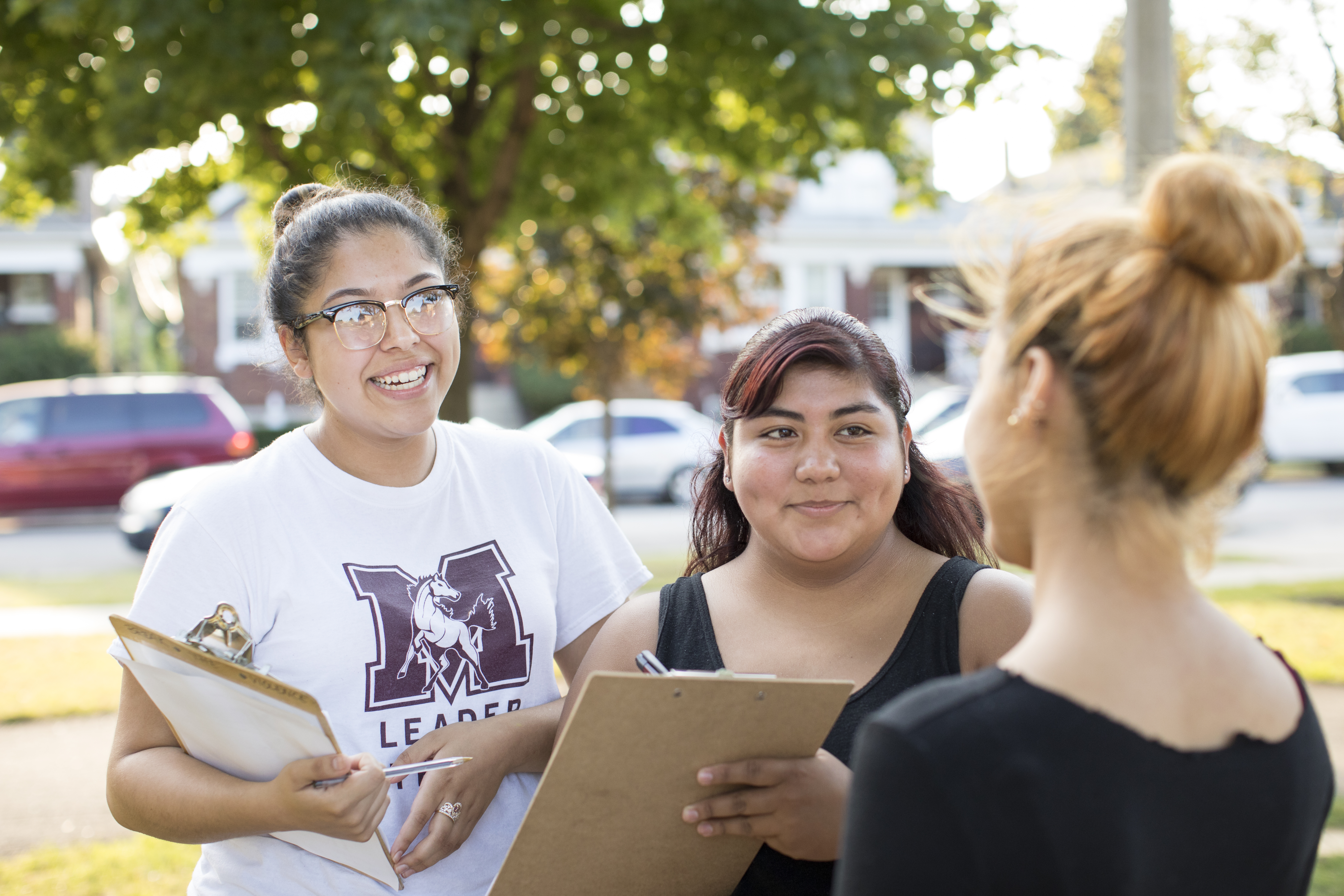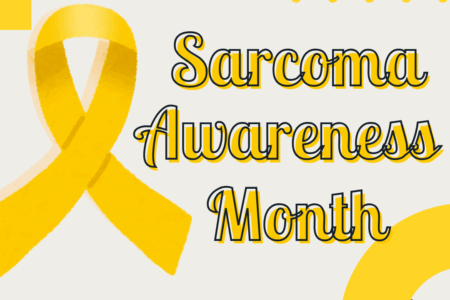
Share On Social!
Two majority-Latino communities are among the four winners of the 2018 Robert Wood Johnson Foundation (RWJF) Culture of Health Prize!
San Antonio, Texas (63.6% Latino) and Cicero, Ill. (88.8% Latino) were chosen from nearly 200 applicants. Eatonville, Fla., and Klamath County, Ore., also won.
These communities made strong efforts to build a culture of health is where everyone has a fair and just opportunity to be as healthy as possible. They brought neighborhood, school, and business partners together to improve health for all residents.
Winning communities get a $25,000 prize and will have their inspiring stories shared by RWJF.
“These inspiring places are engaging community members in decision making to give all residents the opportunity to live well, no matter where they live, how much money they make, or the color of their skin,” said Dr. Richard Besser, RWJF president and CEO.
San Antonio, Texas
Salud America!, our national network to promote Latino health equity and healthy change led by Dr. Amelie G. Ramirez, is excited to be stationed at UT Health San Antonio.

We know that many local leaders in San Antonio, Texas are working to ensure its future success leaves no one behind.
Resident-driven efforts focus on factors that impact health, from approving funding for city-wide, all-day pre-K to expanding Internet connectivity among public housing residents. Also, San Antonio’s Sylvia Lopez is connecting in-need pregnant women to home visits from nurses to ensure healthier pregnancies, families, and children as part of the Nurse-Family Partnership.
The city’s strong data-driven collective action is demonstrated through efforts like SA2020, which publicly tracks city progress on nearly 60 indicators of community health and holds leaders accountable.
The city’s Equity Office puts policies into play to reduce disparities and the city’s budget is designed to prioritize opportunities for neighborhoods and populations that have been historically marginalized. City leaders are also considering tripling funding for affordable housing.
Meanwhile, the city’s ¡Por Vida! program is working with restaurants to make eating out healthier in San Antonio, while Fitness in the Park and FitPass help people stay physically fit.
Mental health is a community-wide priority with a multi-systems approach that includes decriminalizing issues related to mental health and substance use disorder and diverting individuals with mental health crises or substance use disorder from jail to treatment.
Others are making strides in improving childhood trauma.
John Hernandez, director of student services at East Central ISD in San Antonio, pushed district leadership for support, fund advocates at each campus, and eventually created a trauma-informed identification, monitoring, and support system into his district’s existing software program.
Fred Cardenas helped build a program—Early Childhood Well Being (ECWB) at Family Service Association of San Antonio.
ECWB intervenes early for kids ages 0-8 who have mental health issues, and provides parent-child, teacher-child, and child-healthcare-provider interaction strategies and social skills training.
“True prevention is the key. Why just treat the 10-year-old diagnosed with ADHD when we can effectively prevent that trajectory of the 4-year-old in partnership with home, school and community?” Cardenas said.
Cicero, Illinois
Cicero—a suburb of Chicago—is empowering residents of all ages to improve community health and outcomes.

In a Latino-majority town where 45% of residents identify as immigrants, community members and organizations have rallied to keep their school-based health clinic open, prevent violence on school routes, provide safe and enriching afterschool programming, and increase access to early education.
Community providers offer mental health counseling and trainings to help generate trauma awareness and combat its negative effects.
Cicero’s efforts are guided by a collaborative of community stakeholders. Direct engagement with residents, parents, and young people has shaped solutions, setting the stage for a stronger community for future generations.
Thanks to a strong collaborative spirit, Cicero is united in its mission to enhance quality of life for all.
Your Community Can Be Next!
RWJF is currently accepting applications for the 2019 Culture of Health Prize. Apply by Nov. 1, 2018!
Winners will be announced in fall 2019.
By The Numbers
142
Percent
Expected rise in Latino cancer cases in coming years



